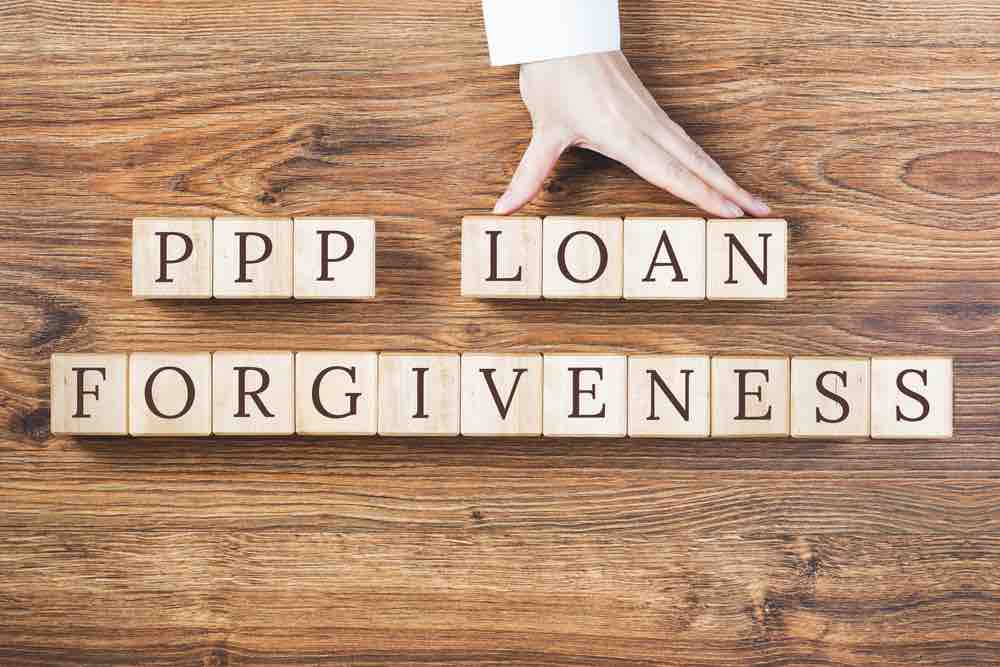PPP Loan Forgiveness
Ready to apply for loan forgiveness? Most of us are ready to get as much of 2020 behind us as possible. In this blog, we discuss the timing on when to apply for forgiveness, and some recent releases from the IRS that have major tax implications.

Banks are now beginning to accept PPP loan forgiveness applications. Under the current law, we have exactly 10 months from the end of the 24 week PPP period to apply for loan forgiveness. In other words, your 10 month window to apply begins when your 24-week loan period ends, which is 24 weeks after the date of your PPP loan deposit. Below are three important things to consider:
1) You Have Plenty of Time
Very similar to the initial anxiety-fueled rush of applying for the PPP loan, I do understand that there will be a sense of urgency to hurry and apply for PPP forgiveness. The AICPA is working closely with their affiliates at the US treasury/IRS/SBA, and they are advising us all to wait to apply for forgiveness. The FAQ’s on the SBA website are constantly being updated with new additions and guidance.
Congress is currently debating a new round of COVID-19 relief, which is expected to include a second PPP initiative more targeted than the first one. This comes directly from Mark Peterson, the executive vice president who heads the AICPA’s advocacy team in Washington, D.C. Those Congressional discussions also may include major changes relaxing the forgiveness requirements for the smallest loans, possibly those up to $100,000 or $150,000. Much is up in the air, all of which could affect your existing PPP loan.
2) IRS & Tax Implications
From a tax perspective, the CARES Act states that the forgiven PPP loan proceeds are not to be considered taxable income. Sounds great, but there is a massive catch, one that we suspected would come later than sooner. The IRS released revenue bulletin 2020-32 which states, “no deduction is allowed under the Internal Revenue Code for an expense that is otherwise deductible if the payment of the expense results in forgiveness of a covered loan” (https://www.irs.gov/pub/irs-drop/n-20-32.pdf). In other words, you will not be able to deduct those payroll/overhead expenses on your tax return. Though the CARES Act states that debt forgiveness income is not taxable, you are essentially paying tax on the loan proceeds in the form of not being able to deduct those PPP related expenses. This makes reporting a bit more complicated on the tax return, so tracking these PPP expenses will be vital.
3) You Are Not Alone
Please remember that our team is here and ready to assist you. Many of our clients have already reached out to us with questions, asking for assistance with tracking their PPP expenses, and applying for forgiveness. Do not hesitate to contact us to help you navigate through the steps of applying for forgiveness and planning for income taxes. Our firm takes a proactive approach to help our clients stay up to date with the lastest news. We stay ahead, and tax planning time begins now.
2020 will be the year we will all remember, and this upcoming tax season will be challenging. We are here to serve our clients and take as much of the stress off of their shoulders to allow them to focus on their business. We Care Here.
Sincerely,
Kevin Oliver
Oliver Financial Group LLC
kevin@olivergrouptx.com
469-630-1228

Recent Comments